Dressed to Kill… Rider Safety is Always in Fashion
December 3, 2015 Comments Off on Dressed to Kill… Rider Safety is Always in Fashion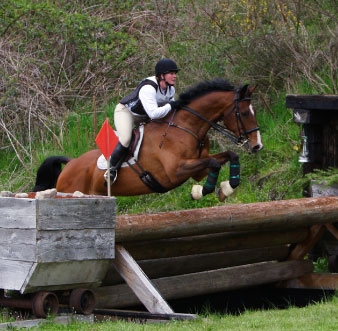
You could be dressed to kill if your riding boots do not sport a wedge heel. A moment of imbalance is all it takes for a foot to slide through the stirrup creating the potential for a nasty accident. Being dragged by the ankle rarely ends well for the rider.
Continue reading …Influence of 8-Week Rider Core Fitness Program on Equine Back at Sitting Trot
December 2, 2015 Comments Off on Influence of 8-Week Rider Core Fitness Program on Equine Back at Sitting Trot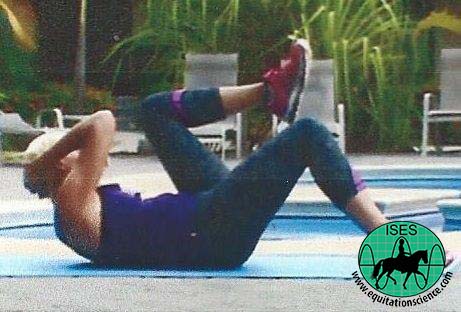
Ten healthy medium level dressage horse and rider pairs each fitted with an electronic saddle pad, performed two ridden tests at sitting trot, before and after participating in an 8-week rider sport-specific core fitness program.
Continue reading …First Vet Hospital to Pioneer Use of Revolutionary Robotics-Controlled Imaging System for Standing and Moving Horse
November 4, 2015 Comments Off on First Vet Hospital to Pioneer Use of Revolutionary Robotics-Controlled Imaging System for Standing and Moving Horse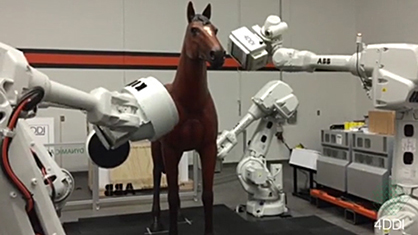
The four-robot system can perform multiple modalities, including computed tomography (CT), and will be used in conjunction with a high-speed treadmill. The EQUIMAGINE™ imaging system will be capable of capturing the equine anatomy in a way never before possible, while the horse is awake, load-bearing, as well as moving on a treadmill.
Continue reading …FDA Approves Loading Dose For EPM Treatment
November 3, 2015 Comments Off on FDA Approves Loading Dose For EPM Treatment
It’s another day at the barn, but you notice your horse stumbling and not walking like he normally does. He also seems mildly depressed. Are these subtle signs of a neurological disease? Could it be Equine Protozoal Myeloencephalitis (EPM)?
Continue reading …Do You Know of Signs of Potentially Deadly Potomac Horse Fever?
October 9, 2015 Comments Off on Do You Know of Signs of Potentially Deadly Potomac Horse Fever?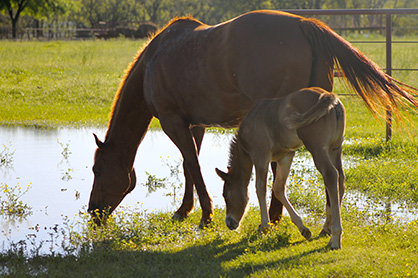
In the beginning, the signs of PHF may be subtle. The horse may have:
– loss of appetite
– fever
– depression
– decreased intestinal sounds
– diarrhea
– mild colic2
First Foal Born at UC Davis Through In-Vitro Fertilization
October 2, 2015 Comments Off on First Foal Born at UC Davis Through In-Vitro Fertilization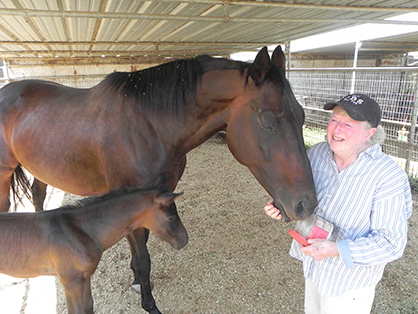
Unlike the normal process of in-vitro fertilization (which generally doesn’t work with horses), the ICSI process involves injecting a single sperm into an egg extracted from a mare. The embryo then develops in a lab for a week before being implanted in the mare.
Continue reading …9 Tips For Keeping Your Horse Safe From Pests
September 29, 2015 Comments Off on 9 Tips For Keeping Your Horse Safe From Pests
Tip #6- Restrict Your Horse’s Grazing Near Bodies of Water- Unlike other insect-borne diseases such as WNV and EEE, Potomac Horse Fever (PHF) is not caused by the insect actually biting a horse, but by the horse ingesting infected aquatic insects such as damselflies, caddisflies and mayflies.9 These insects can typically be found near rivers or creeks, but horses may also ingest them through water buckets or hay.9
Continue reading …The Impact of IMPACT on Bone Health in Horses
September 28, 2015 Comments Off on The Impact of IMPACT on Bone Health in Horses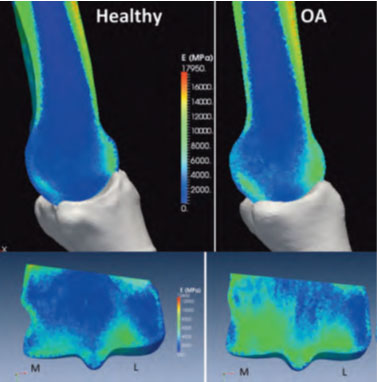
A horses’ large body mass is held up by four fairly small limbs and the fetlock joint is a small area to distribute the force and loading that occurs during high speed movement.
Continue reading …Medicine Hat Paint Horse’s Eyes Saved by Special Laser Treatment For Humans
September 25, 2015 Comments Off on Medicine Hat Paint Horse’s Eyes Saved by Special Laser Treatment For Humans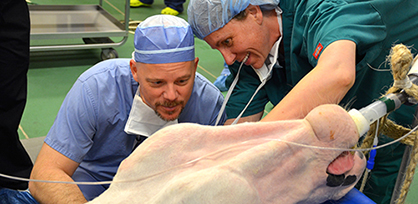
“Life span and other characteristics of horses are similar to cancer in humans in many ways. We have a lot of our DNA in common with horses. A lot of diseases are very similar,” he continued.
Continue reading …








